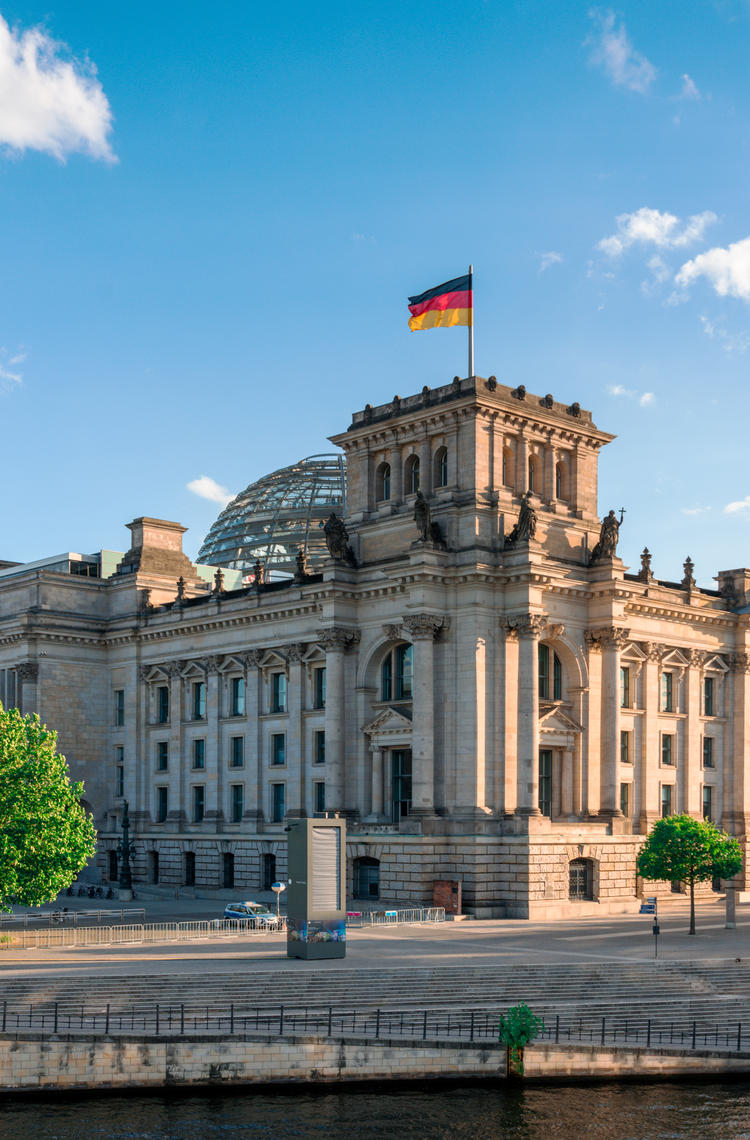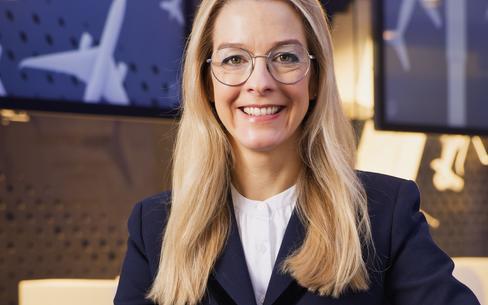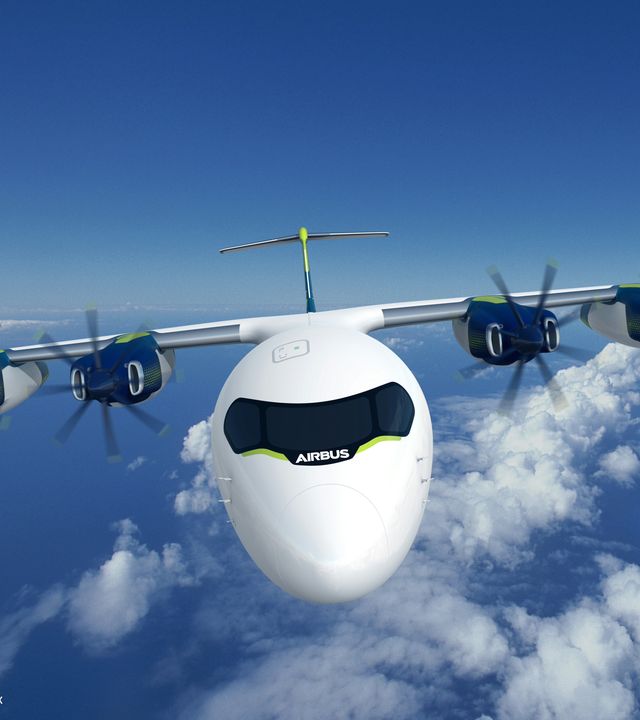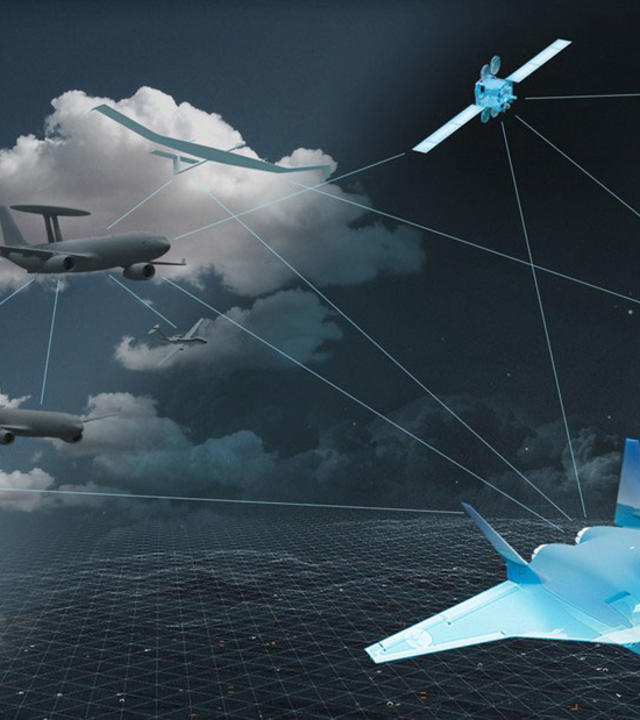About us
The Airbus Berlin Public Affairs team plays a pivotal role in fostering positive relationships between Airbus and key stakeholders in the vibrant city of Berlin. We are proud of the significant presence of Airbus in Germany - with 29 sites all over the country and almost 50,000 colleagues.
Our work is instrumental in advancing disruptive technologies and innovative solutions for the global aviation industry as well as the German aerospace sector. Committed to transparent communication and community engagement, the team operates at the intersection of government relations, corporate communication, and public policy. Leveraging its expertise, the team navigates complex regulatory landscapes, ensuring that
Airbus remains aligned with local policies and values, enhancing Airbus's presence in Berlin while contributing to the overall success of the company's operations in the region.
What we do
Documents for download
Documents
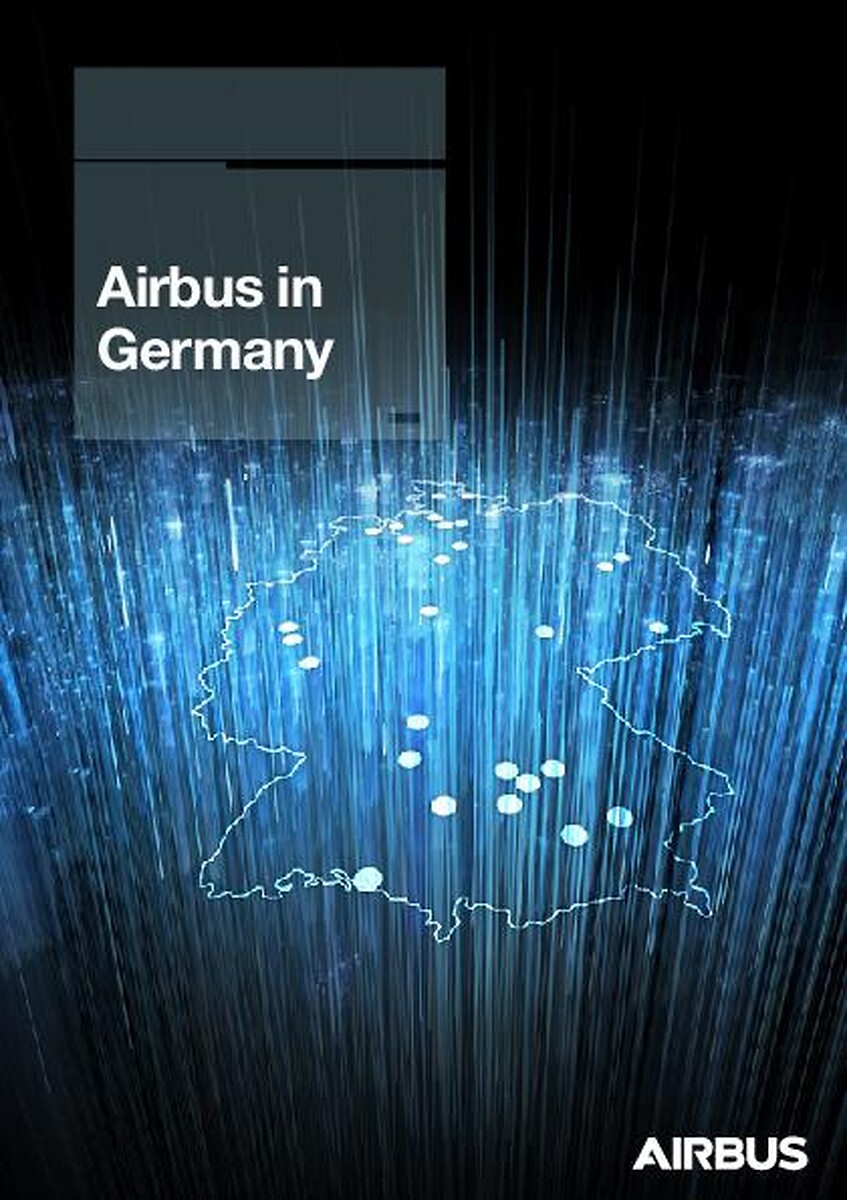
Brochure Airbus in Germany
Documents

Brochure Airbus in Germany
The Airbus Hub @ Berlin Team
Get in touch with the Airbus Public Affairs Germany team below.
For media inquiries please refer to our Media Relations team.

Claudia Oeking
Head of Public Affairs Germany

Henrik Brethauer
Director Public Affairs Germany - Policy Planning & Export Support

Kevin Amponsah
Content Manager / Parliament Liaison Officer

Oliver Haack
Director Public Affairs Germany - Commercial Aircraft

Viggo Nicolaisen
Director Public Affairs Germany Office Bonn

Alexander Renner
Director Public Affairs Germany - Defence and Space

Silvia Petig
Director Public Affairs Germany - Helicopters

Christina Reich
Assistant to Head of Airbus Public Affairs Germany - Berlin Office

Lilian Langness
Assistant Airbus Public Affairs Germany - Bonn Office
Latest news from Berlin
-

Air policing in Romania: “With the Eurofighter we can respond at a moment's notice”
Web Story
Defence
Inside enhanced Air Policing South: German Eurofighters secure NATO’s south-eastern flank in Romania in a crucial deployment. -
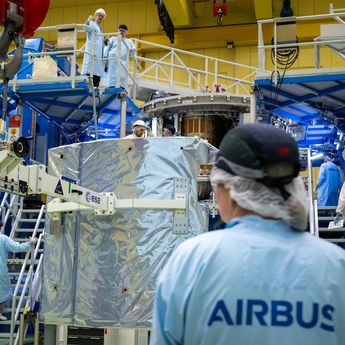
Airbus ships fourth European Service Module for Artemis IV
Press Release
Space
-
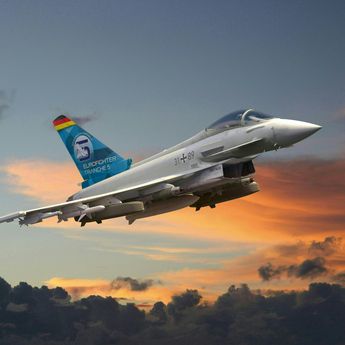
Germany orders 20 new Eurofighters to strengthen air superiority
Press Release
Defence
-
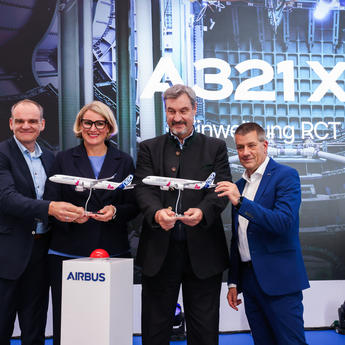
Airbus opens new production hangar at its Augsburg site
Press Release
Commercial Aircraft
-
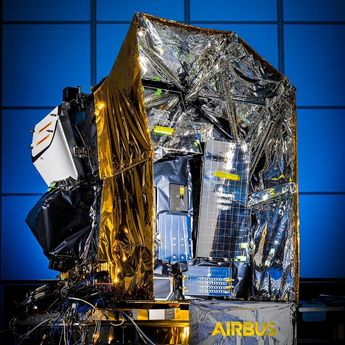
Successful launch of Airbus-built Sentinel-4 onboard MTG weather satellite
Press Release
Space
